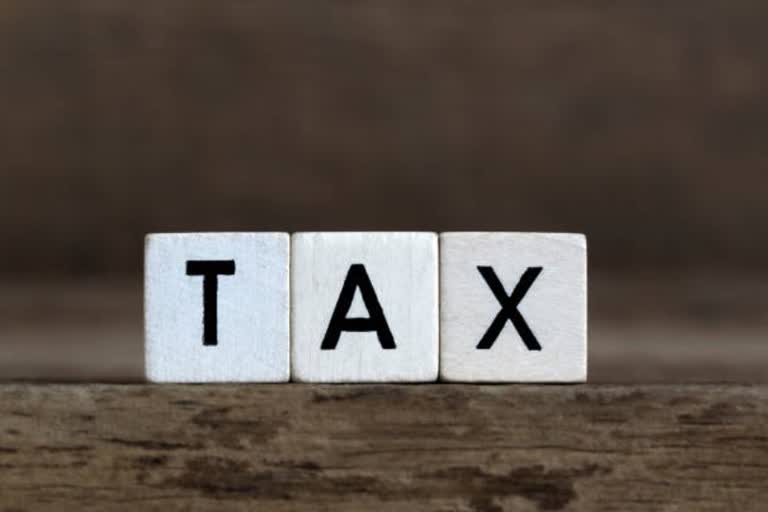Business Desk, ETV Bharat: In order to keep a watch on the big-ticket transactions happening in the country, the government has widened the scope of tax collected at source (TCS) with effect from 1 October 2020.
TCS basically refers to a tax that is collected by a seller when selling goods to a buyer.
Starting next month, certain transactions will start attracting TCS – the most important being the sale of goods worth Rs 50 lakh and above to a single party. Here’s a look at the new rules in detail:
When will TCS be applicable?
Any seller of any goods, whose turnover in the preceding fiscal year exceeds Rs 10 crore, shall be liable to collect TCS at 0.1% of the sale value from the buyers who have purchased goods worth Rs 50 lakh and more during the year.
The seller here can be any Individual, firm, Association of Persons (AOP), Body of individuals (BOI), company, etc. The TCS has to be collected at the time of receipt of sale amount by the seller i.e. TCS shall be collected on receipt basis.
Notably, there is no requirement to collect TCS by the seller till the limit of Rs 50 lakh has been reached. However, as soon as the purchases of the buyer exceeds Rs 50 lakh, then the seller has to start collecting 0.1% on the exceeding amount.
What is the rate of TCS to be collected?
As mentioned earlier, TCS shall be collected at the rate of 0.1% of the amount in excess of Rs 50 lakh. But if the buyer has not mentioned PAN/Aadhaar details, then the TCS rate shall be 1%.
Read more:Sensex rallies 593 pts; financial, auto stocks take charge
